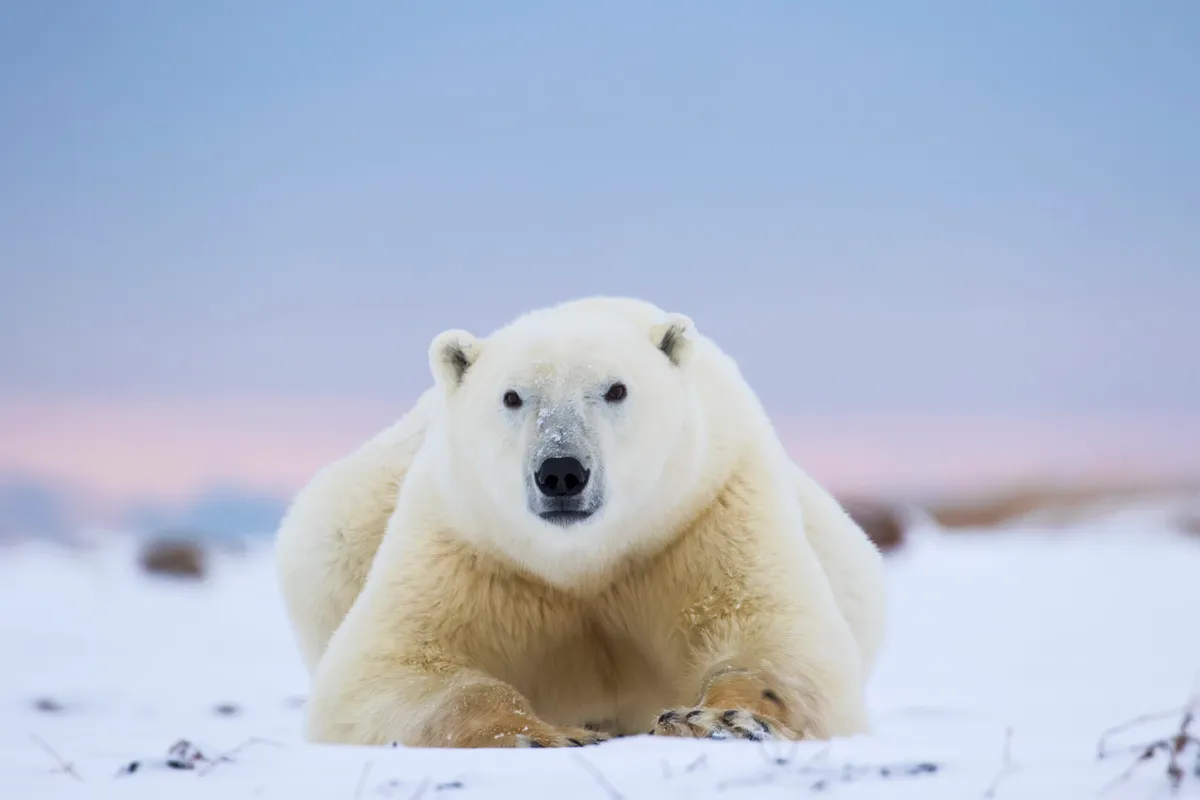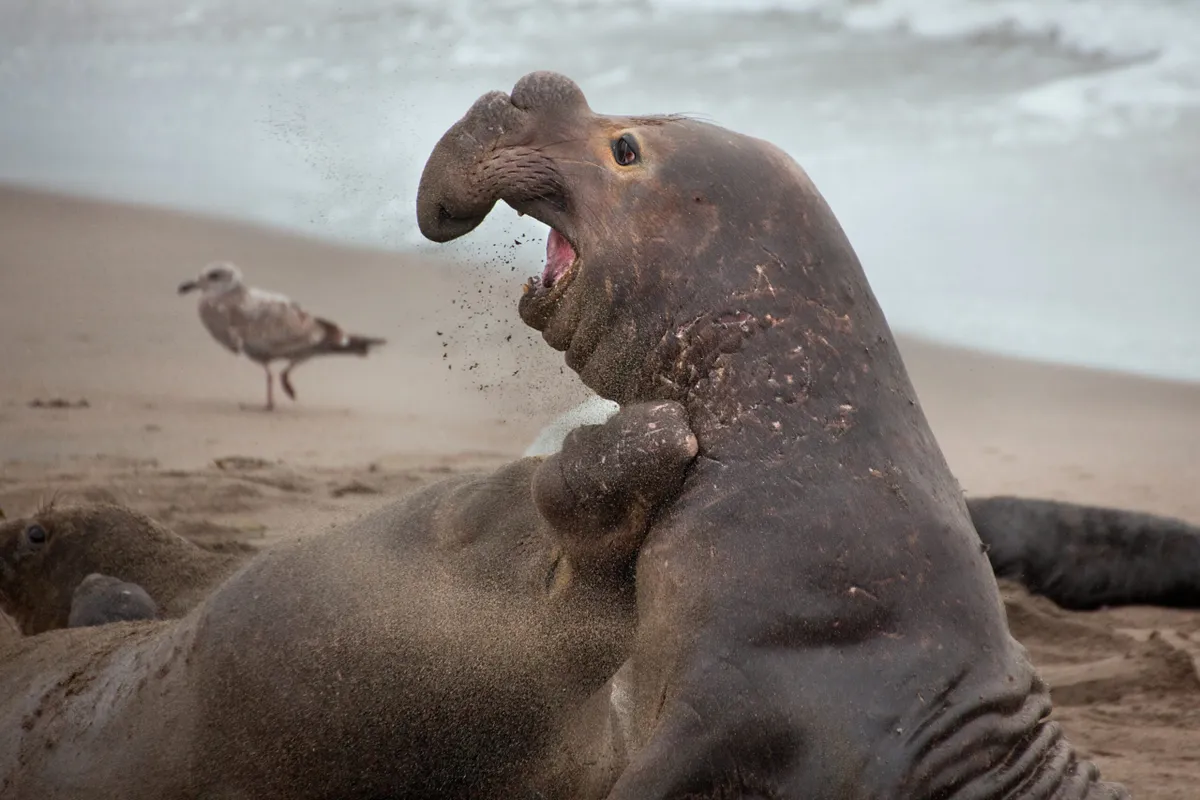The death of a polar bear in northern Alaska has shown that bird flu has made the jump into yet another mammal species. The dead polar bear was found in October 2023 near Utqiagvik in the northern part of the state, and whilst bird flu was not initially detected in the swabs taken from the carcass, further examination revealed that the virus was the cause of death.
Highly pathogenic avian influenza (HPAI), often called bird flu, has different strains of varying severity. H5N1 is a highly contagious strain, which is thought to have originated in poultry farms in China. It rapidly spread around the globe, impacting both domestic and wild birds. In the UK, the virus was particularly devastating for some seabird populations such as gannets, terns and great skuas.
- Gannet eye colour changes from blue to black following avian flu infection
- Bird flu guide: what is avian influenza, which species does it affect, and how to report dead birds

Although it primarily affects birds, the virus does sometimes spill over into mammal populations as well – usually where a mammal has scavenged the carcass of a dead infected bird. In Alaska, the polar bear is the fourth mammal to have been infected, following red foxes, a brown bear and a black bear. More widely, a variety of mammals have been infected, including otters, seals, mountain lions and raccoons.
“It is likely that other polar bears may have been infected by the virus, as migratory birds carrying the H5N1 share the same habitat across the state. The exposure to a carcass of an infected bird provides the risk for infection,” says Dr Robert Gerlach, Alaska’s State Veterinarian.
“As with other pathogens, exposure alone does not mean clinical infection; it depends on the dose of the exposure, the health of the animal and other stressors that may be affecting the animal.”

In October 2023, it was detected in the Antarctic region for the first time, likely spread by wild birds returning from South America on migration, with reports of the virus from both South Georgia and the Falkland Islands. A recent update from the British Antarctic Survey confirmed that the virus has spread to elephant and fur seals on South Georgia, though samples from albatrosses and giant petrels have been negative.

